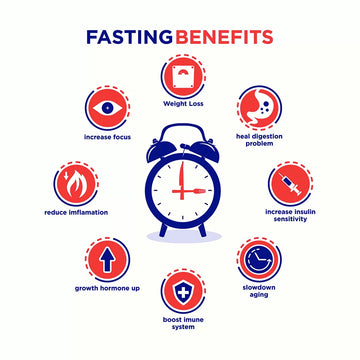As the global population continues to age, the quest for effective anti-aging solutions extends beyond dermatology to encompass various dimensions of health and wellness. Enzymatic substrates, crucial for catalyzing specific biochemical reactions, offer promising potential not only in skincare but also in promoting overall bodily functions that counteract aging. This article explores the wide-ranging benefits of enzymatic substrates in anti-aging, focusing on their applications in dermatology, neurology, and overall health maintenance.
Exploring Enzymatic Substrates
Enzymatic substrates are molecules targeted by enzymes to facilitate essential biochemical reactions across different bodily functions. These reactions include breaking down biological barriers and synthesizing key proteins like collagen, as well as enzymes such as superoxide dismutase (SOD), which play critical roles in managing oxidative stress—a primary factor in aging (1, 2).
Advancements in Skin Health
In dermatology, enzymatic substrates help accelerate skin cell turnover and boost the synthesis of structural proteins. This activity combats visible signs of aging, such as wrinkles and reduced skin elasticity, by promoting healthier, more resilient skin structure and function. A study published in "Biomolecules" highlights how retinol (a form of vitamin A) significantly impacts skin aging by improving epidermal thickness and stimulating the growth of keratinocytes and fibroblasts (3).
Neuroprotective Benefits
Recent studies suggest that enzymatic substrates may also offer neuroprotective benefits, potentially slowing the progression of age-related neurodegenerative disorders like Alzheimer's and Parkinson's disease. Enzymes such as glutathione peroxidase and SOD are known to reduce oxidative stress in neuronal cells, a key factor in the development of these conditions (1). For example, an article in "Frontiers in Physiology" discusses the role of cellular senescence and oxidative damage in neurodegeneration, suggesting that mitigating oxidative stress can slow cognitive decline (1).
Cardiovascular Health Support
Enzymatic substrates also contribute positively to cardiovascular health. Enzymes involved in lipid metabolism can help lower cholesterol levels, reducing the risk of heart disease, which is prevalent in older adults. Additionally, enzymes that regulate blood pressure and enhance arterial health can help prevent or delay conditions such as hypertension and atherosclerosis (1, 2). A study in "Antioxidants" found that antioxidants can improve endothelial function and reduce inflammation, both key factors in preventing cardiovascular diseases (2).








No comments